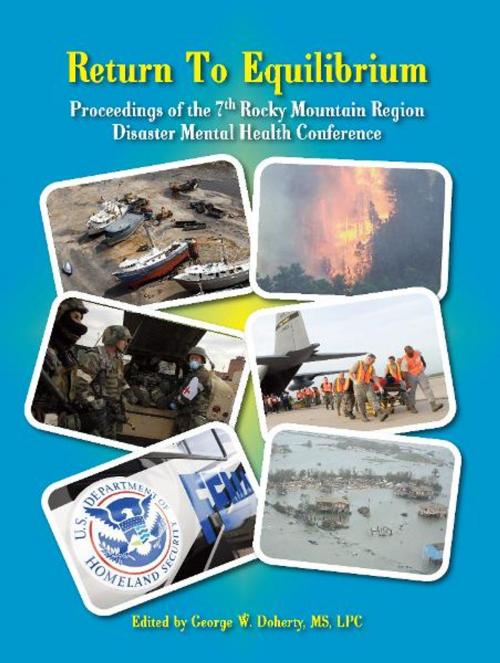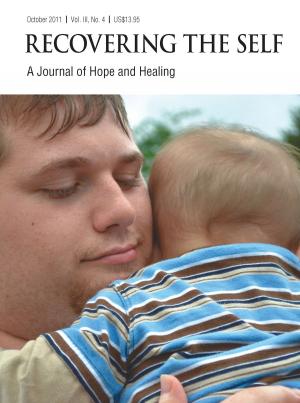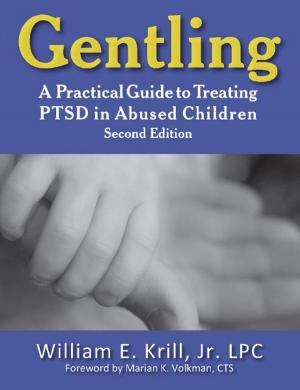Return to Equilibrium
Proceedings of the 7th Annual Rocky Mountain Disaster Mental Health Conference
Nonfiction, Health & Well Being, Psychology, Pathological Psychology, Mental Illness, Social & Cultural Studies, Social Science| Author: | George W. Doherty | ISBN: | 9781615999903 |
| Publisher: | Loving Healing Press | Publication: | September 1, 2009 |
| Imprint: | Rocky Mountain Region DMH Institute Press | Language: | English |
| Author: | George W. Doherty |
| ISBN: | 9781615999903 |
| Publisher: | Loving Healing Press |
| Publication: | September 1, 2009 |
| Imprint: | Rocky Mountain Region DMH Institute Press |
| Language: | English |
Much discussion follows disasters and critical incidents about returning to normal, but "normal" is never the same again. "Return to Equilibrium", involving integrating the event, its effects, meanings and recognition it's part of one's life can build a new balance and create a new enriched life. Good or bad, experience changes us. Integrating experience into our life creates a new balance. Re-establishing balance in life integrates the event as part of one's life, constructively developing a new "normality". "Return to Equilibrium" is a goal of recovery.
Military personnel (Regular, Reserve, National Guard) are deployed in Afghanistan and Iraq for various lengths and number of tours, leaving jobs, family and college for extended periods to serve our country. While deployed, they are in harm's way 24/7. Some are severely wounded physically. Many others are wounded emotionally and behaviorally. Family members are all affected by deployments. They are supported through Family Services groups during deployment. Veterans and families receive assistance upon return into the community. Veterans organizations provide additional support. Increasing numbers of Veterans return with PTSD, anxiety, depression, somatic problems and Traumatic Brain Injury (TBI), directly affecting relations among spouses, children, friends, relatives and fellow employees in our communities.
Particularly disturbing is the number of suicides occurring among military personnel. Most affected is the returning veteran. Adjusting to changed lives and re-adjusting to families and community is not always smooth. How can communities better understand these adjustments, support returning veterans and become involved in re-integrating them back into communities? What resources are available? What is the role of mental health professionals? Who do they network and interact with? Do they have a role with other healthcare providers, public health, hospitals, veterans organizations, veterans administration, military support groups, etc? How can these groups strategically plan how to address and respond to needs in a combined effort? What issues need to be addressed?
November 6-8, 2008, the Rocky Mountain Region Disaster Mental Health Institute held their Annual Disaster Mental Health Conference in Laramie, Wyoming. Themes were Disaster Mental Health and Returning Military and Families.
Praise for The Proceedings of the Rocky Mountain Region Disaster Mental Health Conference
"...A must have for first responders and mental health professionals. Addressing the needs of people who work in these fields is critical. The better trained they are to be emotionally equipped for disasters, the better they can help others. I think that the pages of information covered in this book will be some of the most important information needed by people in this field today."
--Page Lovitt, Reader Views
"This compilation of papers deals with people's reactions to a wide variety of disasters, including not only terror and Hurricane Katrina, but child abuse and the trauma suffered by families of service members. Taken together, the papers are fascinating. The "Proceedings of the 5th Rocky Mountain Region Disaster Mental Health Conference" provides insight into the nature of the individual's response to terror and disaster. They should be interesting reading for everyone who either indirectly or directly has been affected."
--Linda Benninghoff, author of Departures
RM DMH Institute Press www.rmrinstitute.org
Much discussion follows disasters and critical incidents about returning to normal, but "normal" is never the same again. "Return to Equilibrium", involving integrating the event, its effects, meanings and recognition it's part of one's life can build a new balance and create a new enriched life. Good or bad, experience changes us. Integrating experience into our life creates a new balance. Re-establishing balance in life integrates the event as part of one's life, constructively developing a new "normality". "Return to Equilibrium" is a goal of recovery.
Military personnel (Regular, Reserve, National Guard) are deployed in Afghanistan and Iraq for various lengths and number of tours, leaving jobs, family and college for extended periods to serve our country. While deployed, they are in harm's way 24/7. Some are severely wounded physically. Many others are wounded emotionally and behaviorally. Family members are all affected by deployments. They are supported through Family Services groups during deployment. Veterans and families receive assistance upon return into the community. Veterans organizations provide additional support. Increasing numbers of Veterans return with PTSD, anxiety, depression, somatic problems and Traumatic Brain Injury (TBI), directly affecting relations among spouses, children, friends, relatives and fellow employees in our communities.
Particularly disturbing is the number of suicides occurring among military personnel. Most affected is the returning veteran. Adjusting to changed lives and re-adjusting to families and community is not always smooth. How can communities better understand these adjustments, support returning veterans and become involved in re-integrating them back into communities? What resources are available? What is the role of mental health professionals? Who do they network and interact with? Do they have a role with other healthcare providers, public health, hospitals, veterans organizations, veterans administration, military support groups, etc? How can these groups strategically plan how to address and respond to needs in a combined effort? What issues need to be addressed?
November 6-8, 2008, the Rocky Mountain Region Disaster Mental Health Institute held their Annual Disaster Mental Health Conference in Laramie, Wyoming. Themes were Disaster Mental Health and Returning Military and Families.
Praise for The Proceedings of the Rocky Mountain Region Disaster Mental Health Conference
"...A must have for first responders and mental health professionals. Addressing the needs of people who work in these fields is critical. The better trained they are to be emotionally equipped for disasters, the better they can help others. I think that the pages of information covered in this book will be some of the most important information needed by people in this field today."
--Page Lovitt, Reader Views
"This compilation of papers deals with people's reactions to a wide variety of disasters, including not only terror and Hurricane Katrina, but child abuse and the trauma suffered by families of service members. Taken together, the papers are fascinating. The "Proceedings of the 5th Rocky Mountain Region Disaster Mental Health Conference" provides insight into the nature of the individual's response to terror and disaster. They should be interesting reading for everyone who either indirectly or directly has been affected."
--Linda Benninghoff, author of Departures
RM DMH Institute Press www.rmrinstitute.org















